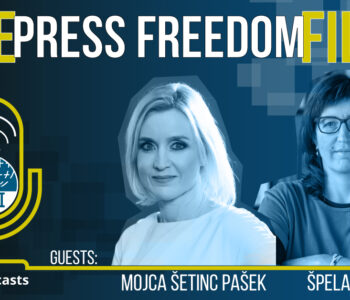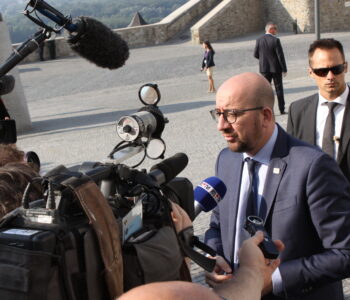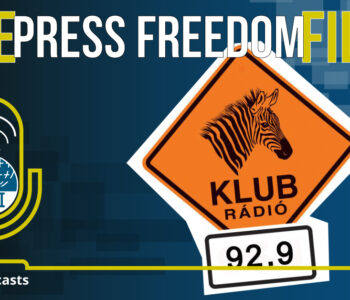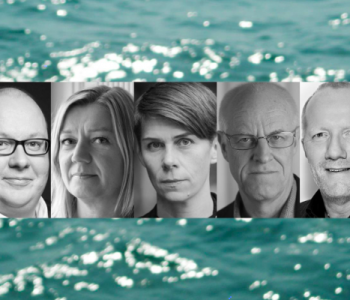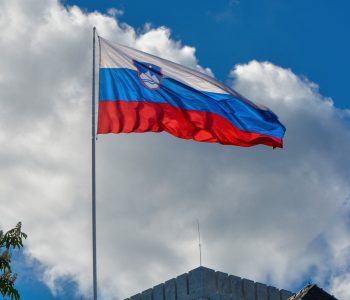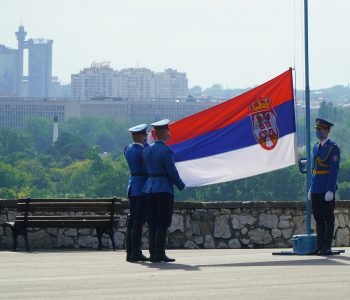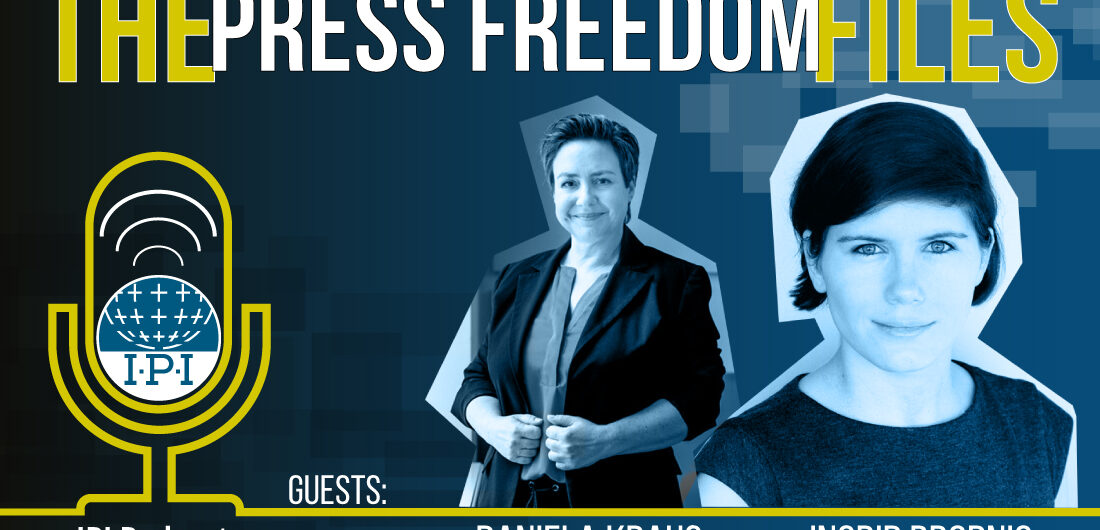 Library
Library
Podcast: The up- and downside of new Austrian law…
The up- and downside of new Austrian law to regulate platforms and combat online abuse
This episode of the ‘The Press Freedom Files’ produced by IPI, as part of the MFRR, brings in expert analysis on Austria’s new law and it’s potential to address online harassment as well as risks for freedom of expression
The Austrian Communication Platforms Act took effect on January 1, 2021. It’s Austria’s attempt to protect public discourse by regulating the big social media platforms. The law is also part of a larger package of legal reforms in the country that aim at addressing online abuse.
IPI Head of Digital Communications Javier Luque talks to experts Daniela Kraus, Secretary General of the Presseclub Concordia, and journalist Ingrid Brodnig, who has authored several books on online harassment and disinformation, about the law’s potential benefits as well as potential pitfalls that could negatively impact the free dissemination of news and freedom of expression.
